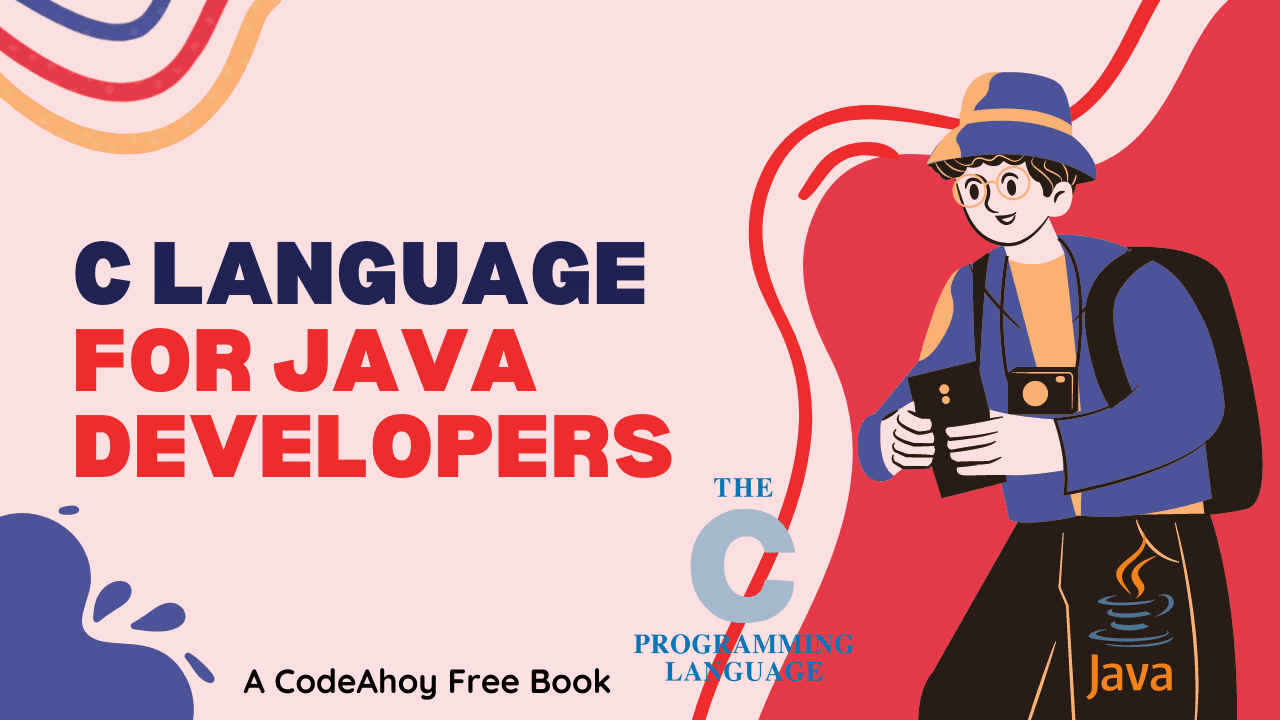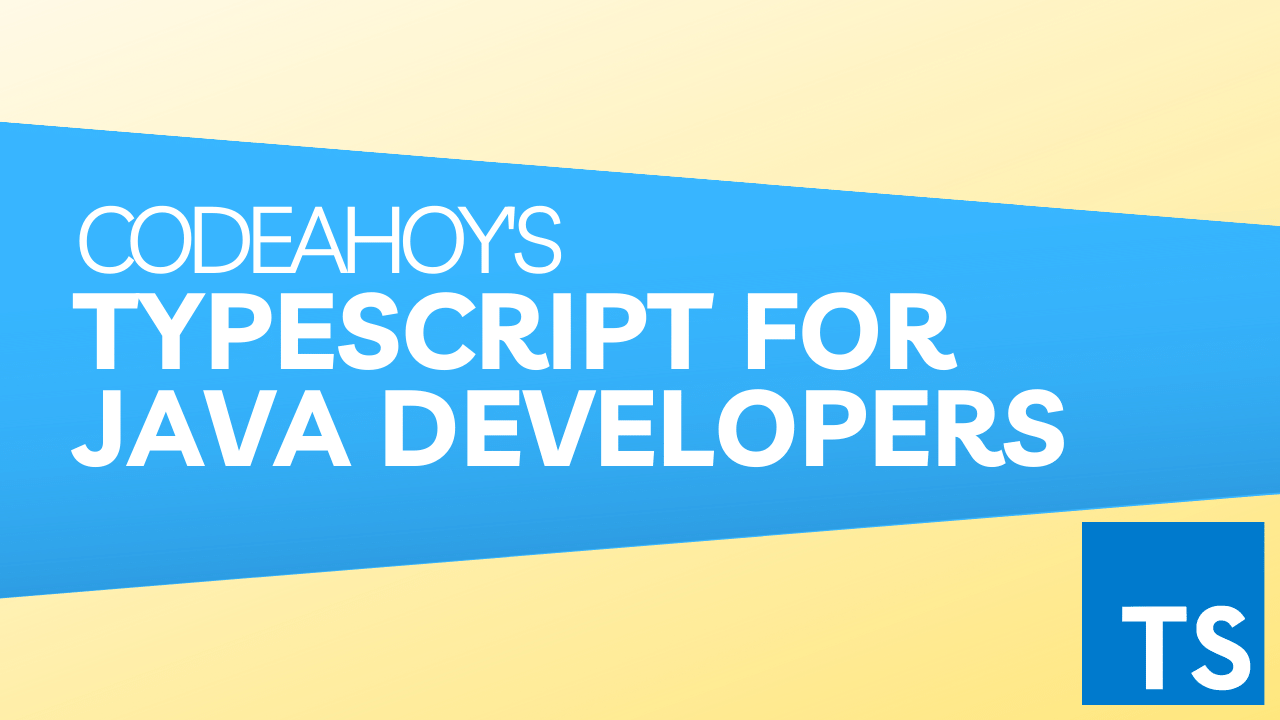Books / Introduction to C Programming Language / Chapter 47
Bit Manipulation
Sometimes it is convenient to consider a block of chars as really being a block of bits. This requires using C’s bit operators to get at individual bits.
Here are some simple macros for extracting a particular bit from a char array, thought of as a large vector of bits. These assume that the bytes are stored in little-endian order, which means that the least significant bytes come first (see Endianness). This may produce odd results if you feed them a char * that has been converted from a larger integer type.
#define BITS_PER_BYTE (8)
/* extract the n-th bit of x */
#define GET_BIT(x, n) ((((x)[(n) / BITS_PER_BYTE]) & (0x1 << ((n) % BITS_PER_BYTE))) != 0)
/* set the n-th bit of x to 1 */
#define SET_BIT(x, n) ((x)[(n) / BITS_PER_BYTE]) |= (0x1 << ((n) % BITS_PER_BYTE))
/* set the n-th bit of x to 0 */
#define RESET_BIT(x, n) ((x)[(n) / BITS_PER_BYTE]) &= ~(0x1 << ((n) % BITS_PER_BYTE))
If you want to get multiple bits, use the right-shift operator to shift them over to the right end of the word and then mask with bitwise AND. For example:
#define BITS_PER_BYTE (8)
/* this rather nasty expression constructs an all-ones byte */
#define BYTE_MASK ((1 << BITS_PER_BYTE) - 1)
/* extract the n-th byte from a word */
#define GET_BYTE(x, n) (((x) >> BITS_PER_BYTE * (n)) & BYTE_MASK)
/* extract n bits starting at position i from x */
#define GET_BITS(x, i, j) (((x) >> (i)) & ((1 << n) - 1))
/* another definition of GET_BIT */
#define GET_BIT2(x, n) GET_BITS(x, n, 1)
Many much more sophisticated techniques for doing bit-fiddling can be found at http://www.jjj.de/bitwizardry/bitwizardrypage.html.




